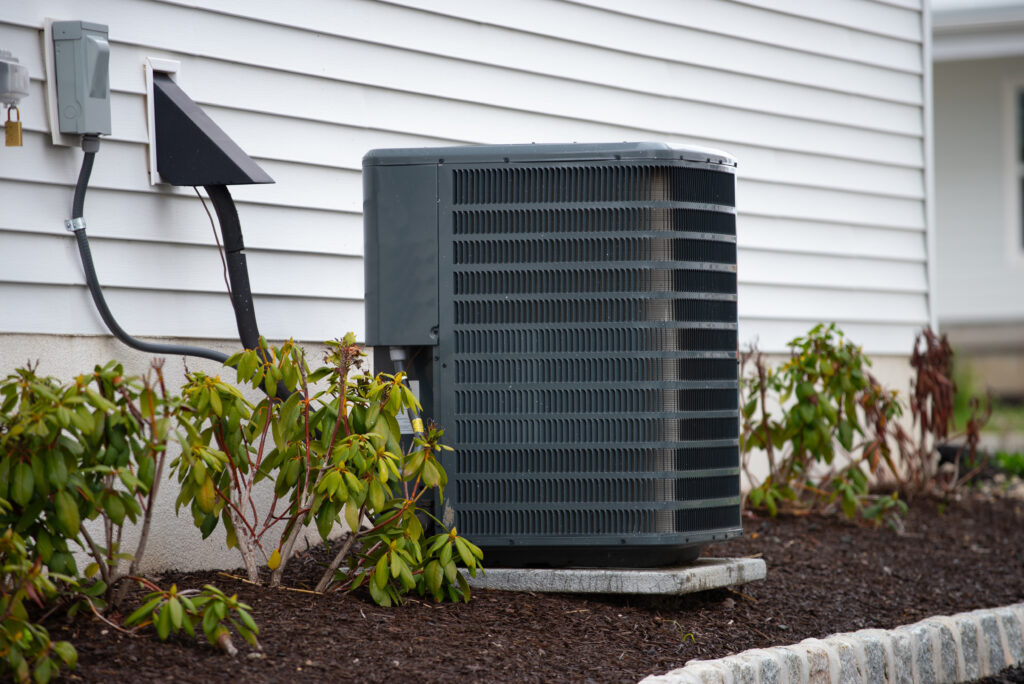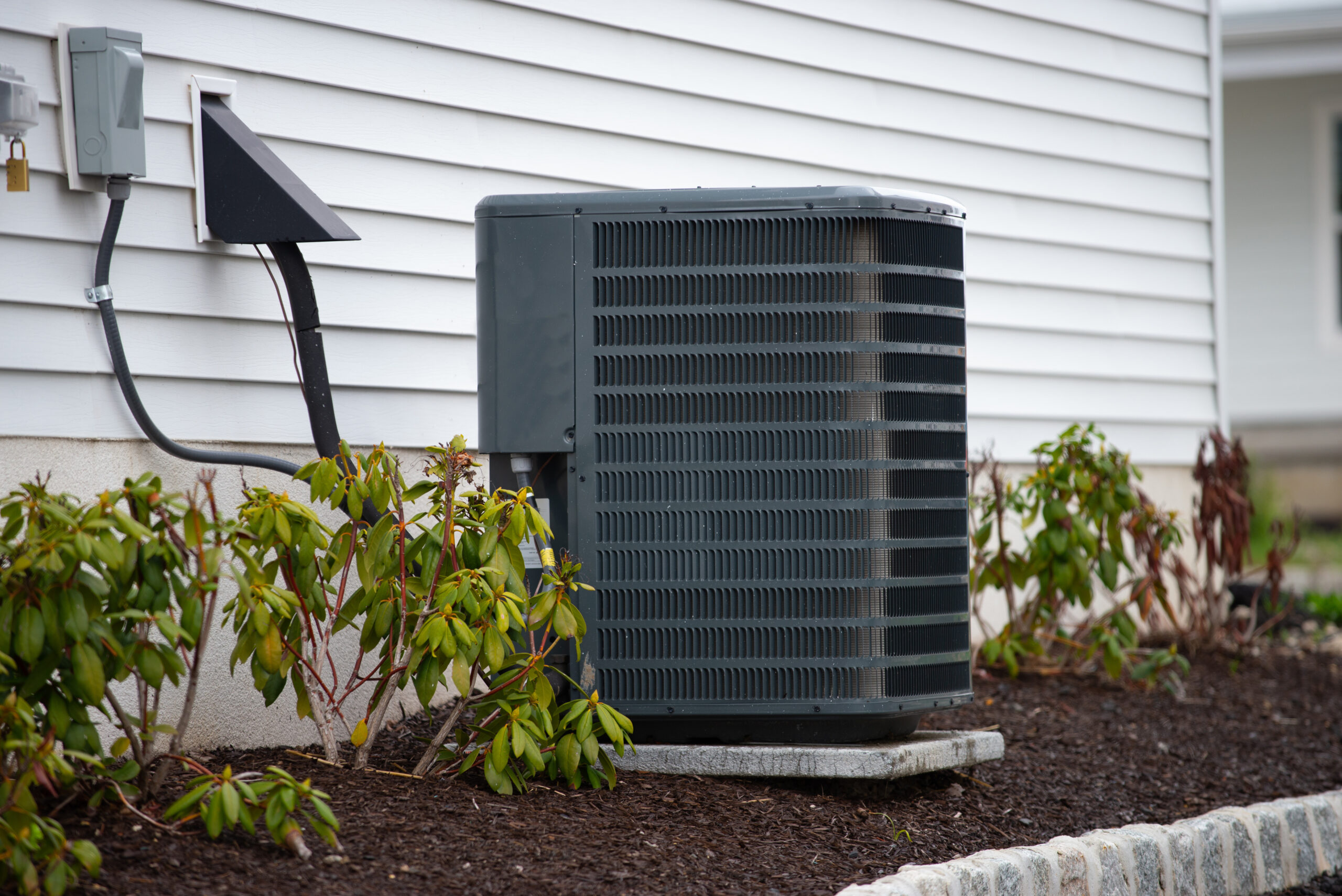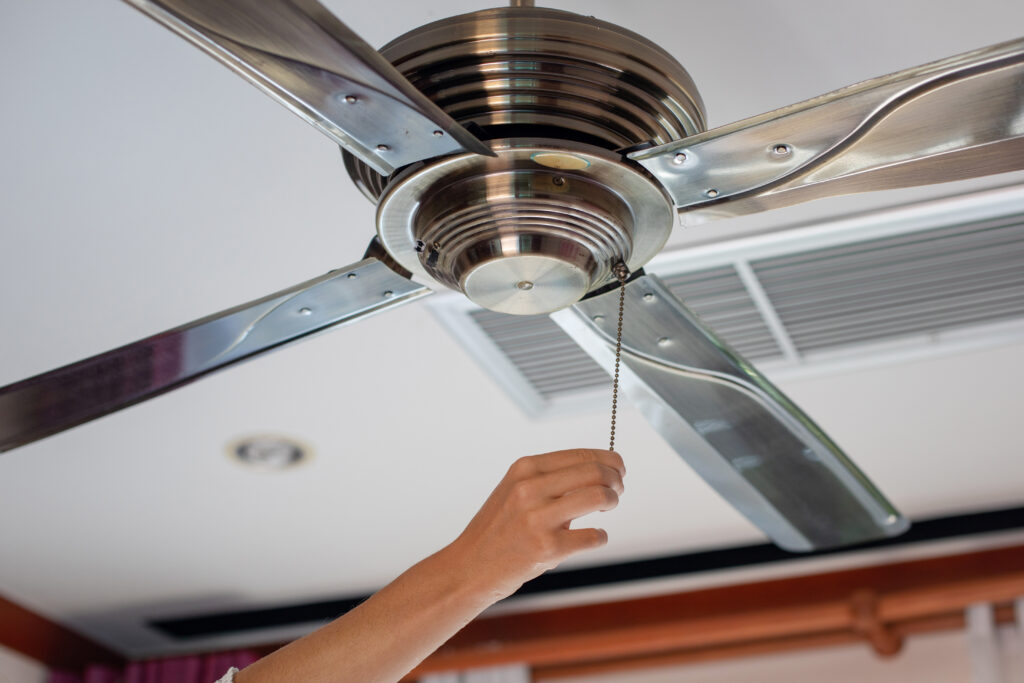Recharging Your Central Air Conditioner: What Homeowners Need to Know
When the summer heat swells and your home doesn’t feel as cool as it should, it’s natural to question the performance of your central air conditioning system. One phrase often tossed around during HVAC service visits is “you might need a recharge.” To a homeowner, this can sound either like a quick fix or an expensive mystery. Recharging a central air conditioner is more complex than many assume, and it’s essential to understand when it’s necessary, how it works, and how it ties into your home warranty. This comprehensive guide explains what recharging involves, its advantages and limitations, and how being proactive with your home systems can protect both your comfort and your financial well-being.
What Does It Mean to Recharge a Central Air Conditioner?
Recharging a central air conditioner refers to the process of adding refrigerant to the AC system. Refrigerant is the chemical compound responsible for removing heat from your indoor air and releasing it outside. Contrary to popular belief, air conditioners do not “use up” refrigerant over time like a car burns gas. Under normal conditions, the refrigerant should remain at a consistent level throughout the lifespan of the system. If levels are dropping, it usually means there’s a leak that needs to be addressed before a recharge can occur.
Understanding How Your Central AC System Works
Your central air conditioning system is built on a closed-loop process. It cycles refrigerant between the indoor evaporator coil and the outdoor condenser coil. Inside your home, warm air is drawn over the evaporator coil, where the refrigerant absorbs the heat. This now-warmed refrigerant is then pumped outside to the condenser unit, where it releases the heat and cools back down before returning indoors. Repeat the cycle. If your refrigerant level is low, the system’s efficiency drops. You may notice the air blowing from the vents is no longer refreshingly cool—or worse, not cool at all.
How Recharging Works and When It’s Necessary
Recharging a central air conditioner isn’t part of routine maintenance. It’s only necessary if your system has lost refrigerant due to a leak. Before any reputable technician adds refrigerant, they are required—by law—to locate and repair the leak to prevent environmental harm. Once repaired, the system is evacuated of any remaining gases, vacuumed of moisture (a key step many overlook), and then filled with the refrigerant type specified by the manufacturer. Overcharging or undercharging the system can cause serious harm, so this is not a DIY project. In fact, EPA regulations require certification to handle refrigerants like R-410A or the now-phased-out R-22. If your AC uses R-22, you’ll face greater costs and limited availability, as it’s no longer being produced due to environmental regulations.
Common Misconceptions and Real-World Consequences
Many homeowners misunderstand the telltale signs of low refrigerant and mistakenly believe a recharge will “boost” performance. In reality, topping off refrigerant without addressing the root problem—usually a leak—will offer only short-term relief and long-term frustration. Worse, it can damage components such as the compressor, which can cost thousands to replace. Some service companies may offer a refrigerant “top-off” without diagnosing the underlying issue, which could void manufacturer warranties and leave you footing the bill for more serious failures. Keep in mind also that frequent recharging isn’t just a drain on your wallet—it’s also damaging to the environment.
The Role of a Home Warranty in Refrigerant-Related Repairs
This is where a home warranty becomes a critical asset for any homeowner. A well-structured home warranty plan covers major systems like central air conditioning, including repair or replacement costs associated with mechanical failures or component malfunctions. However, not all plans cover refrigerant-related repairs the same way. Some cover refrigerant leaks and the cost of recharging, while others limit coverage on older refrigerants like R-22. Carefully reviewing your home warranty plan’s AC coverage can mean the difference between a manageable repair visit and an unexpected financial strain. Providers like Armadillo offer modern, transparent plans that are tailored to how homeowners actually use their homes—and their cooling systems. Plus, their plan builder ensures coverage fits your home and local climate needs.
Preventing the Need for a Recharge Through Regular Maintenance
The most effective way to avoid refrigerant-related issues is consistent system upkeep. Annual HVAC maintenance by a professional technician can catch small problems early—like low refrigerant levels that could indicate a leak—before they escalate into major repairs. A technician will inspect coils, check refrigerant pressure, clean the condenser unit, and test electrical connections—all key functions affected by refrigerant imbalances. As a homeowner, changing air filters regularly and keeping the condenser area clear of debris also contributes to the longevity of your AC. Maintenance isn’t glamorous, but it is the best (and most cost-effective) defense against expensive repairs and inefficient cooling.
Why Armadillo is the Smart Choice When Recharging or Repairing Your AC
Protecting your home’s air conditioning system is about more than staying cool—it’s about safeguarding a key investment. When something as vital as refrigerant issues come up, you want a home warranty provider that doesn’t just process claims but understands nuances such as phase-outs, pressure ratings, and system-level impacts. Armadillo stands apart by offering comprehensive coverage that adapts to real-world homeowner concerns. With service that respects your time and delivers peace of mind, Armadillo ensures home ownership is less stressful and more secure. Start protecting your AC—and everything else in your home—by visiting https://www.armadillo.one. Ready to choose your plan? It only takes a few minutes to get started at https://app.armadillo.one/plan-builder?current=zip.


























